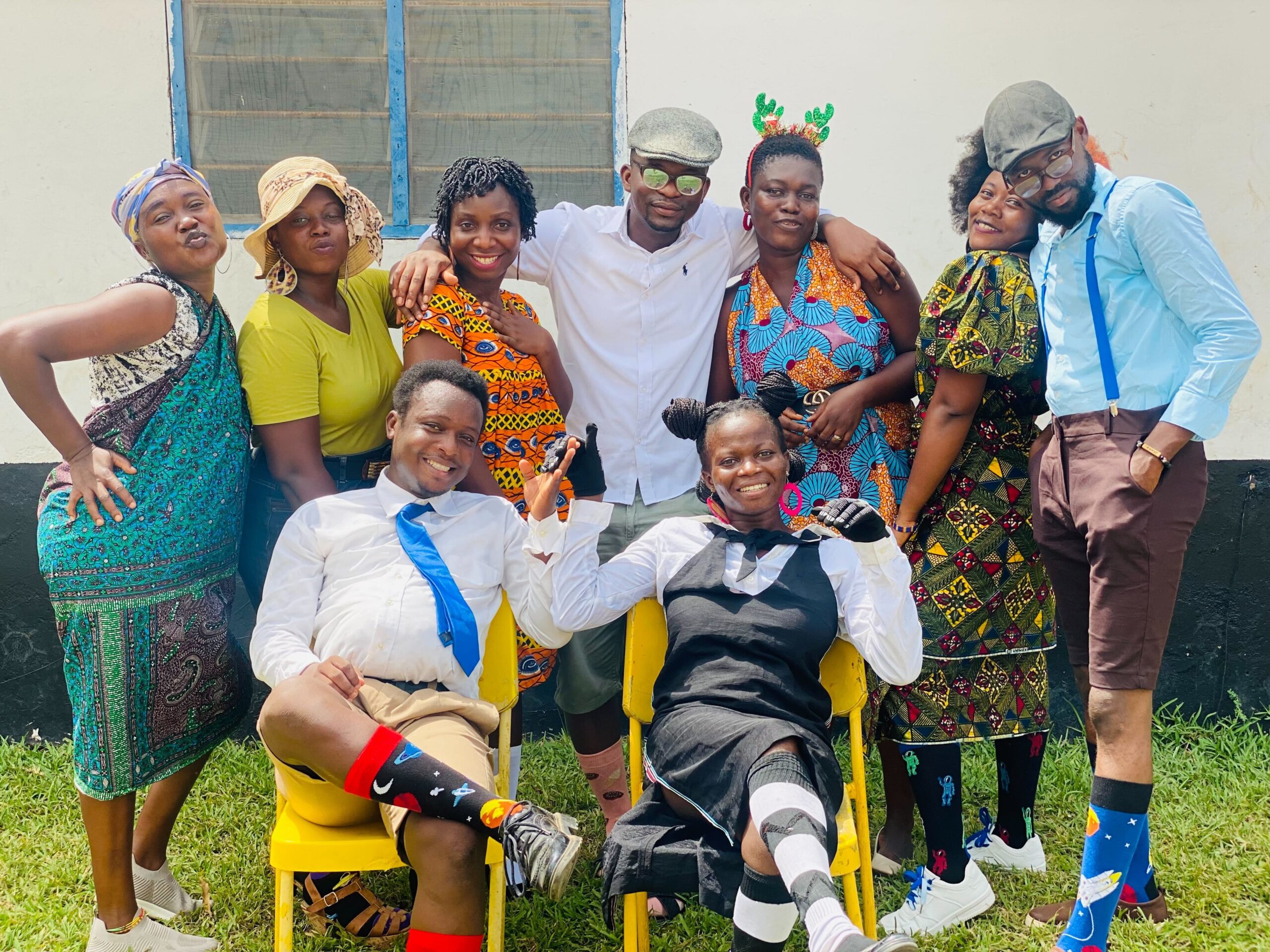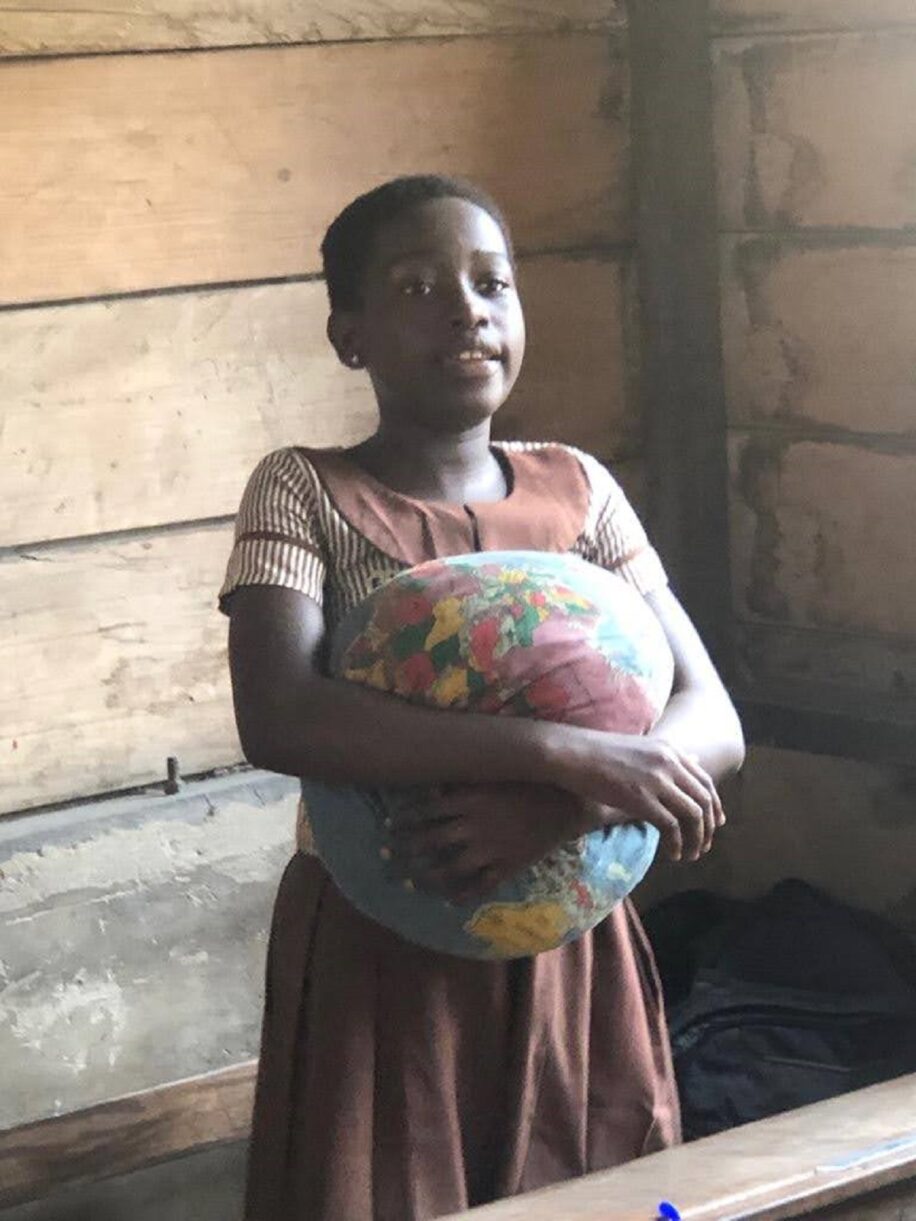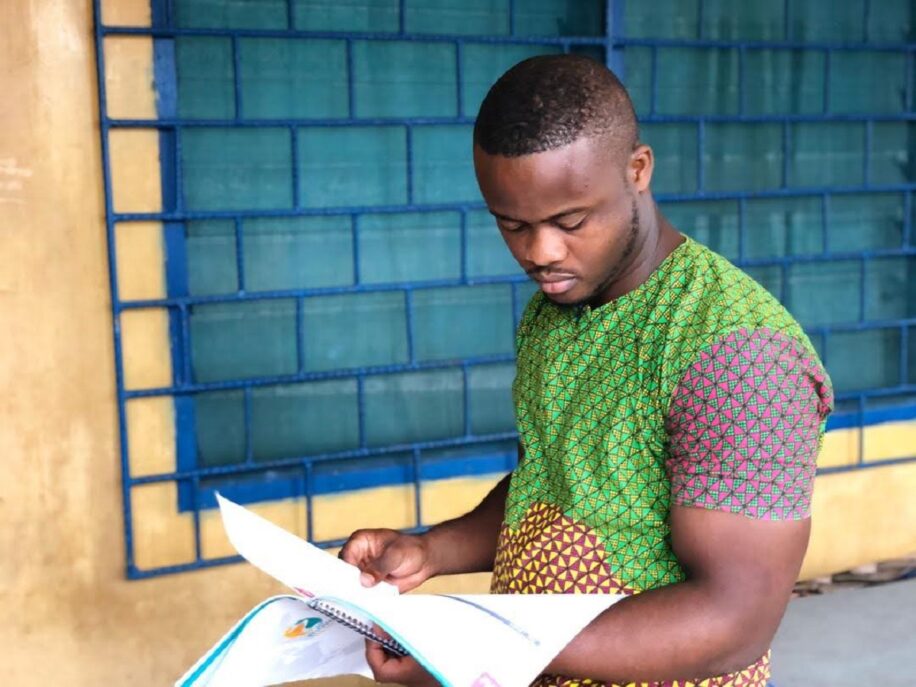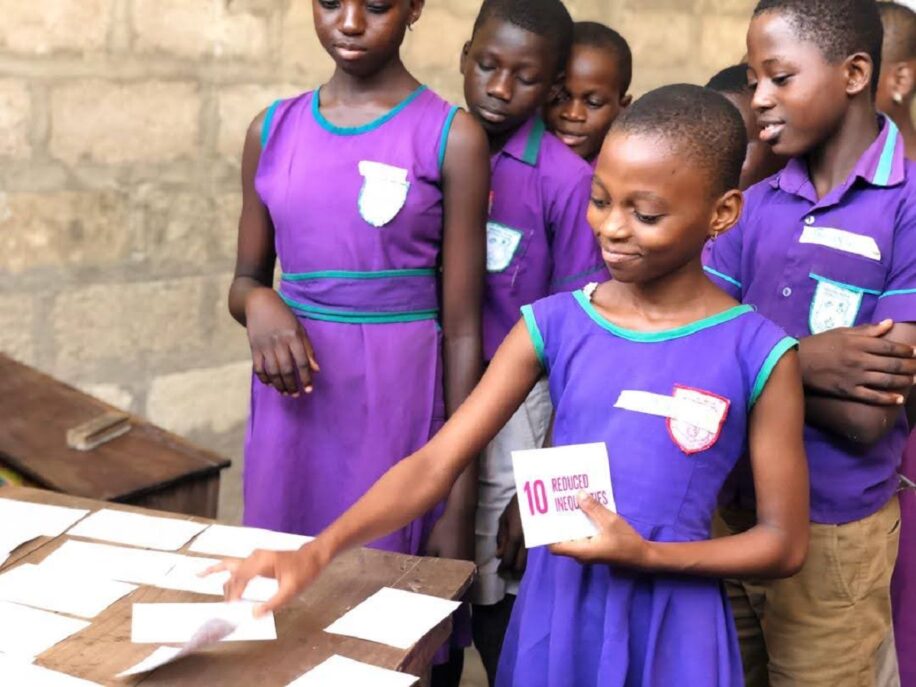A Get Global session is usually filled with games and activities with students either put into two-member teams or more, depending on the size of the class or type of activity being carried out. This kind of learning is often referred to as Game-Based learning and can be done virtually or physically- as is done with our Get Global Programme.
Game-Based learning (GBL) is defined as “a practice that relates to the use of games to enhance the learning experience” (acer for education, 2017). GBL uses exercises that serve as competition for students, either pitting them against each other or getting them to challenge themselves in order to motivate them to learn better.
Unlike in gamification, where a gaming element is used to further understanding of a non-game situation, game-based learning involves the game being the learning process, with the aim of teaching a discrete skill or specific learning outcome while giving learners an engaging experience. Gamification can be seen in the context of using a game as a reward for participation in a learning activity while, GBL is the learning activity itself.
Games as Diane Ackeman puts it “is our brain’s favourite way of learning”, as such it plays a vital role in getting knowledge across to a group of people, especially kids. The benefits of GBL stretches across a wide range. GBL tends to provide healthy competition which motivates students to channel their logic and thinking abilities while maintaining room to make mistakes without being punished for these mistakes. In addition, GBL tends to get students to be immersed in whatever they are learning and hence helps in achieving the goal of consolidating new knowledge (Teed, 2019).
“There is no reason that a generation that can memorize over 100 Pokemon characters with all their characteristics, history and evolution can’t learn the names, populations, capitals and relationships of all the 101 nations in the world.” – (Prensky, 2001. pg. 5)
Get Global Uses Game-Based Learning as a facilitation tool in training students on the Sustainable Development Goals with every session having at least two games. Over the next few weeks we will be reviewing different interesting games that are used during Get Global sessions. These games range from Minefield, SDG Memory game, Lines of communication, just to mention a few.
Brace yourself over the next few weeks as we have fun together.
REFERENCES
acer for education. (2017). 5 reasons to introduce Game-based Learning at school. Retrieved from https://eu-acerforeducation.acer.com/innovative-technologies/5-reasons-to-introduce-game-based-learning-at-school/
Prensky, M. (2001). Digital Natives, Digital Immigrants. On the Horizon, 9(5). https://doi.org/10.1177/1461444818783102
Teed, R. (2019). Game-Based Learning. Retrieved from SERC Pedagogic Service website: https://serc.carleton.edu/sp/library/games/index.html





